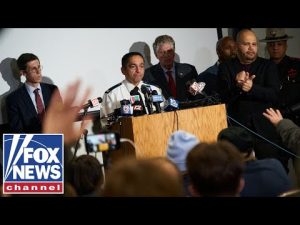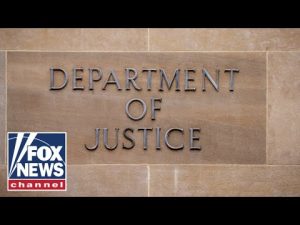Charlie Kirk faced off against critics in a fiery debate about slavery in the Bible, delivering what supporters call a “masterclass” in defending Christian values. The clash centered on whether Scripture condones slavery, with Kirk arguing the Bible’s moral framework ultimately led to abolition. His opponents claimed verses like Leviticus 25:44-46 explicitly endorse owning slaves as property—a charge Kirk dismissed as “cherry-picking ancient texts.”
Kirk slammed what he called “atheist hypocrisy,” asking why modern critics judge Bronze Age norms while ignoring Christianity’s role in ending slavery. He fired back that the Ten Commandments treat slaves as human beings deserving protection, not mere property. The crowd erupted when Kirk declared “the New Testament sets us all free through Christ,” framing opposition to biblical morality as anti-American.
Critics pointed to specific passages allowing Israelites to buy foreign slaves permanently. Kirk countered that these laws limited slavery’s brutality in primitive times while planting seeds for its eventual destruction. He emphasized William Wilberforce’s Christian faith driving Britain’s abolition movement, asking why atheists “don’t have a single moral hero like that in history.”
The debate turned tense when opponents cited Exodus 21’s rules about beating slaves. Kirk shot back that those verses required masters to compensate injured servants—a radical concept for its era. He accused liberals of ignoring Christianity’s civilizing influence while upholding ideologies like communism “that killed millions.”
Audience members cheered as Kirk declared “the Bible created the moral universe that made abolition possible.” He framed the clash as part of a broader culture war, warning that attacking Scripture’s authority undermines America’s foundations. Critics tried to highlight biblical contradictions but struggled against Kirk’s charismatic delivery.
Kirk closed with an emotional appeal for his opponent to “accept Christ’s freedom,” drawing both applause and groans. He positioned the Bible as a progressive force that lifted humanity from barbarism to enlightenment. The fiery exchange left supporters calling it “proof that faith and reason can unite,” while critics dismissed it as “apologetics for outdated ideas.”
The showdown highlighted growing tensions over religion’s role in public life. Kirk framed biblical literacy as essential to conservatism, warning that “erasing our Christian heritage leaves moral vacuums filled by tyranny.” His passionate defense resonated with traditionalists who see faith under siege in modern America.
Though questions linger about interpreting ancient texts, Kirk’s performance energized base voters. The debate crystallized conservative arguments that Judeo-Christian values remain essential to national identity—and that dismissing them risks losing what made America exceptional. Critics call it revisionism, but supporters hail Kirk for “exposing the left’s war on truth.”







